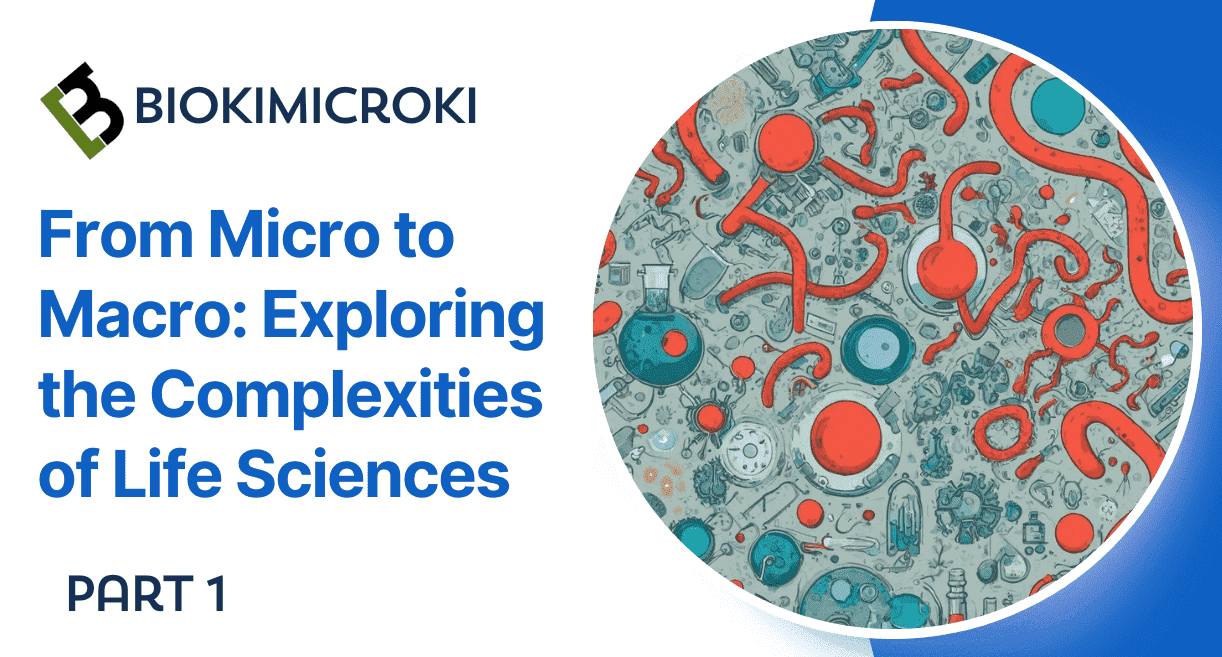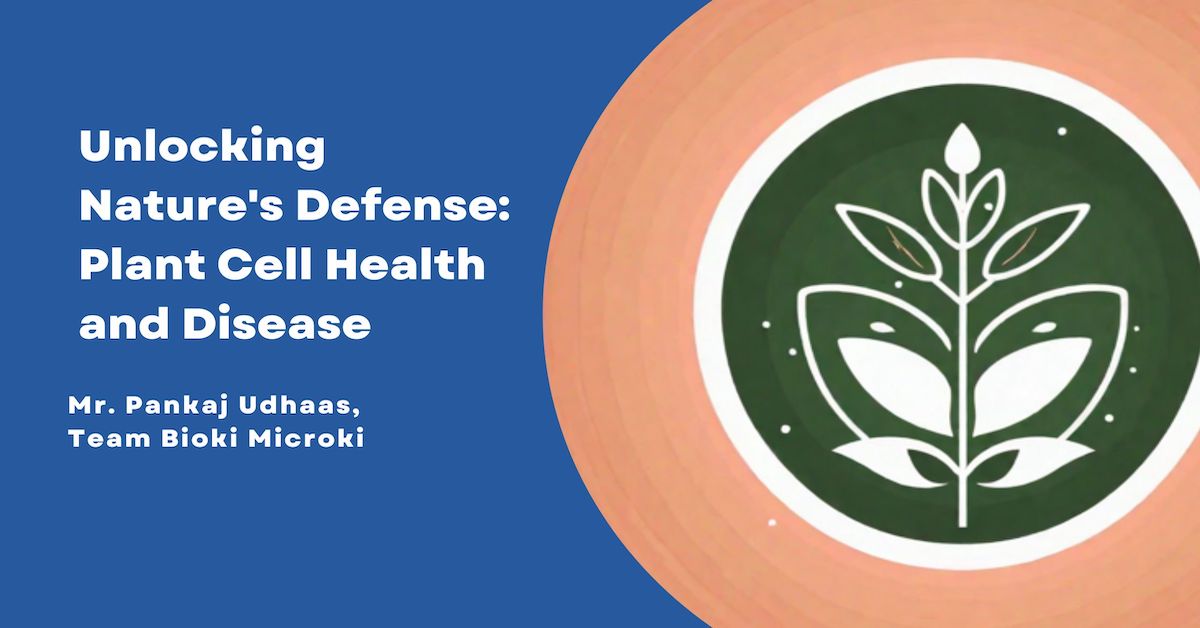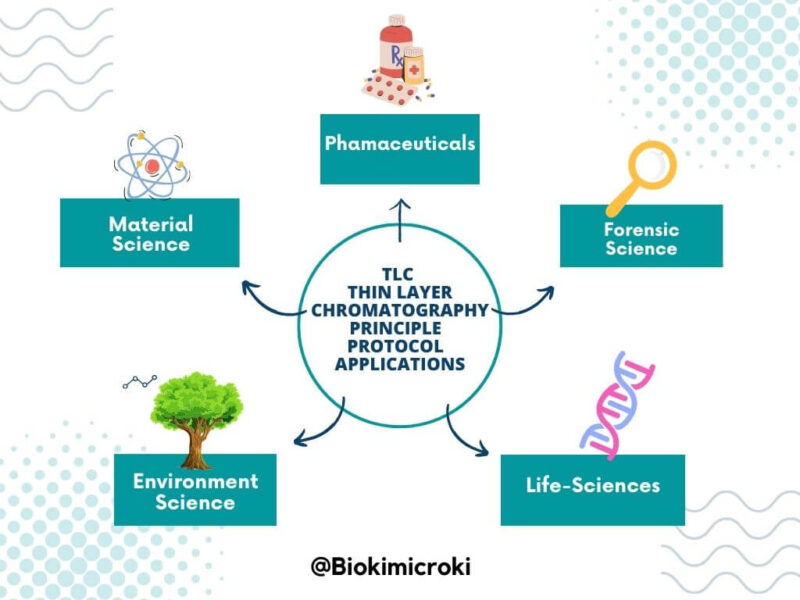Life sciences is an enchanting arena of study that examines into the very essence of life itself. From understanding how organisms function to unveiling the mysteries of genetics and ecosystems, the branches of life sciences provide a vast landscape of exploration and discovery. This beginner-friendly guide will introduce you to some of the key branches of life sciences, their significance, and the exciting career opportunities they present.
Table of Contents
- Biology: Unraveling the Mysteries of Life
- Biochemistry: Decoding Life’s Chemical Processes
- Genetics: Discovering the Secrets of Heredity
- Ecology: Fostering Harmony in Nature
- Anthropology: Unraveling Human Diversity
- Entomology: A Bug’s Life
- Microbiology: Investigating Life a bit more closely
Biology: Unraveling the Mysteries of Life
Biology forms the foundation of life sciences, which is the study of living organisms, their structure, function, growth, evolution, and distribution. It consists of various subfields such as botany (plants), zoology (animals), microbiology (microorganisms), and anatomy (structure of organisms). Biology is crucial for understanding the fundamental processes of life, right from the cellular level to our evolved ecosystems. It plays a mighty important role in fields like medicine, agriculture, conservation, and biotechnology.
Career Opportunities: Biologists can pursue careers as research scientists, educators, environmental consultants, wildlife biologists, geneticists, and more.
Biochemistry: Decoding Life’s Chemical Processes
Biochemistry deals with the study of chemical processes within living organisms. It explores molecules like proteins, nucleic acids, lipids, and carbohydrates, studying their structure, function, and interactions. Biochem combines the study of biology and chemistry, thus bridging the gap between them. The study of Biochemistry reveals the molecular mechanisms behind life’s processes. Biochemistry plays a vital role in fields like medicine, pharmaceuticals, agriculture, and biotechnology.
Career Opportunities: Biochemists find great opportunities in pharmaceutical companies, research institutions, academia, healthcare, food science, and forensic science.
Genetics: Discovering the Secrets of Heredity
Genetics encompasses the study of genes, heredity, and genetic variation in living organisms. It explores how traits are passed from one generation to the next and investigates genetic disorders, DNA structure, gene expression, and genetic engineering. The study of genetics is central to understand inheritance, evolution, disease mechanisms, and personalized medicine. It has and continues to revolutionize fields like genomics, gene therapy, and genetic counseling.
Career Opportunities: Geneticists have a range of careers in research labs, healthcare institutions, biotechnology companies, agricultural genetics, forensic science, and genetic counseling.
Ecology: Fostering Harmony in Nature
Ecology places emphasis on the interactions between organisms and their environment. It explores ecosystems, biodiversity, population dynamics, conservation, environmental impact, and sustainability. Ecology is of great significance to understand and preserve Earth’s ecosystems, address climate change, conserve species, manage natural resources, and promote sustainability.
Career Opportunities: Given the diverse and crucial part Ecology plays in our life and the planet, Ecologists are hired to work in conservation organizations, government agencies, environmental consulting firms, wildlife management, education, sustainable development, and environmental policy.
Anthropology: Unraveling Human Diversity
Anthropology is the study of us human beings, our societies, cultures, and evolution. This field delves into our origins and evolution as to how humans have evolved over time, how societies have been formed and structured, and how culture influences human behavior. Anthropology is of immense help in understanding our diversity and cultural differences. This provides deep insights into our evolution and adaptation. With the help of Anthropology, we have been able to make significant contribution to archaeology, cultural anthropology, and biological anthropology.
Career Opportunities: Owing to their spectrum of expertise Anthropologists work in academia, museums, research institutions, and government agencies. They go on to become cultural anthropologists, archaeologists, forensic anthropologists, and anthropological linguists.
Entomology: A Bug’s Life
From Human life to a Bug’s Life, Life Sciences is truly engrossing! Entomology is the study of insects, including their biology, behavior, ecology, and interactions with humans and the environment. It encompasses a plethora of insect species, from beetles and butterflies to mosquitoes and ants. The number is mind boggling. Now why is the study of insects so important you ask. Let us enlighten you that insects play crucial roles in ecosystems as pollinators, decomposers, and food sources. Without them, we wouldn’t have the growth of our ecosystem as we see it today. Further, Entomology helps in pest management, agriculture, and conservation efforts. It also helps in understanding disease vectors and insect biodiversity.
Career Opportunities: As their domain consists of insects, Entomologists work in agriculture, pest control, academia, public health, and environmental conservation. They can further choose to become agricultural entomologists, insect ecologists, forensic entomologists, and medical entomologists.
Microbiology: Investigating Life a bit more closely
As the name suggests, Microbiology is the study of Micro aspects of the life around us. This includes microorganisms, including bacteria, viruses, fungi, and protists. The focus in on their structure, function, genetics, ecology, and interactions with other organisms. Understanding Microorganisms is crucial in understanding ecosystems, nutrient cycles, and human health as they play an important role therein. Microbiology allows us to understand infectious diseases, immunology, and biotechnology. It lends great contribution to medical microbiology, environmental microbiology, and industrial microbiology.
Career Opportunities: In this ever complexly evolving world, Microbiologists have come a long way and the march continues to near foreseeable future. Microbiologists can be found working in healthcare, pharmaceuticals, food industry, biotechnology, and research institutions. They can further choose to become clinical microbiologists, molecular biologists, industrial microbiologists, and bioinformatics specialists.
Conclusion
Life Sciences is an unending world of fascination. There is always much to learn, much to explore. In this blog we have seen the various branches of Life Sciences, their nature and scope of work, and career opportunities. Stay Tuned for the next part. In the meanwhile, drop a comment and lets us know your thoughts on this.
This brings us to the end of Part 1 of the Introductory Series of “Exploring Life Sciences: An Overview”


